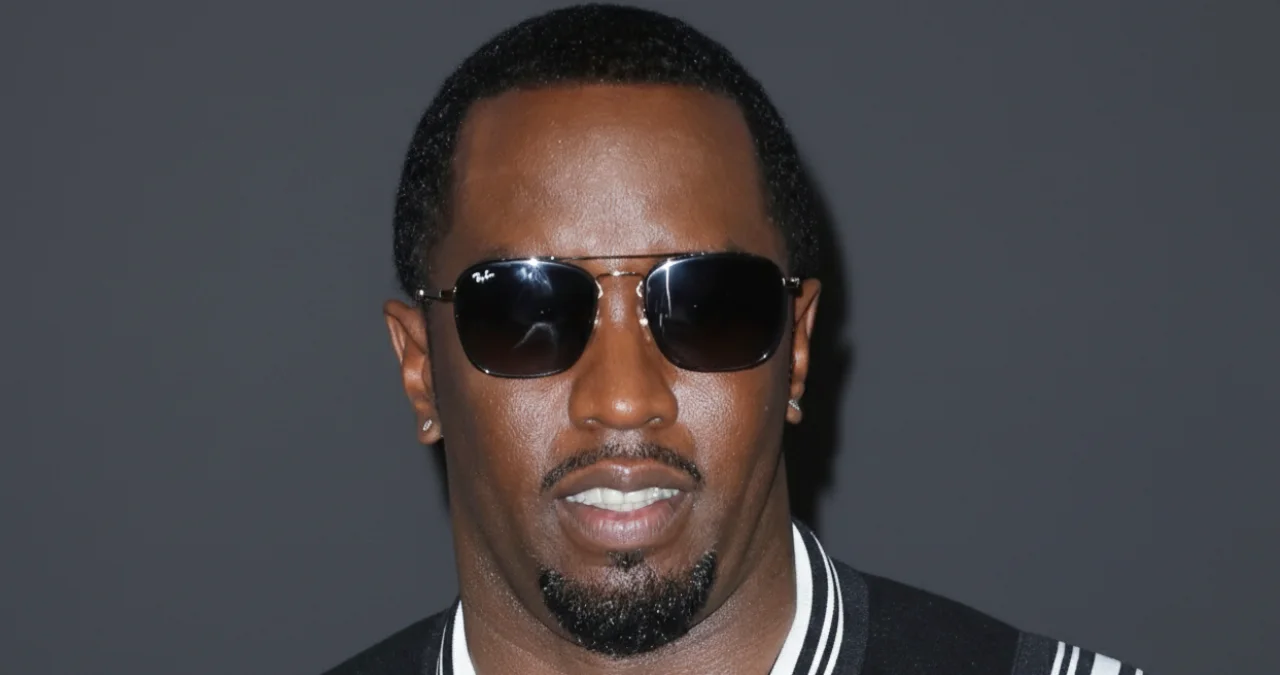Sean “Diddy” Combs’ net worth has been a moving target for years. As of the most recent mainstream valuations, his net worth is widely reported to be around $400 million, a big step down from prior estimates and his own public claims of billionaire status. This shift reflects both market realities and a series of legal and business setbacks that have trimmed the headline number.
Recent estimates and controversy
Over the last decade Diddy’s reported wealth has zig-zagged: Forbes and other outlets once put him in the high hundreds of millions (and for a period there were arguments he’d crossed billionaire territory), while later reporting and legal hit estimates pushed the number downward. That discrepancy stems from how analysts count private equity, promised payouts, leverage, and non-liquid holdings — plus the impact of lawsuits, settlements, and lost partnerships.
The Early Playbook: From Producer to Mogul
Learning the ropes at Uptown Records
Like many business stories, Diddy’s began with apprenticeship. He learned industry mechanics as an intern and later staffer at Uptown Records — understanding radio, promotion, and how records turn into reputations and revenue. Those early lessons on placement, packaging, and who to back laid the foundation for his entrepreneurial leap.
Bad Boy Records: the launchpad
In 1993, Diddy started Bad Boy Records, and that label changed everything. Signing and shaping careers (most famously The Notorious B.I.G.) allowed him to capture not only artist fees but also producer points, publishing percentages, and, crucially, ownership stakes in recordings — the slow-burning assets that provide recurring revenue long after a record peaks. Bad Boy became not just a label but a cultural brand; that branding amplified the value of everything Diddy touched.
Music: The Cash Engine
Artist development and catalog value
Music is not just hit singles; it’s an archive of revenue. Catalogs produce licensing fees, sync revenue from TV/film, streaming royalties, and publishing payments. The intellectual property that Diddy helped build — both his own work and work he produced or owned through Bad Boy — acts like an annuity. Even modest annual returns from a large catalog compound into serious wealth over decades.
Touring, royalties, and publishing
Back in the peak-physical-sales era touring and CDs generated big one-time payouts; now streaming and sync deals smooth income over time. Diddy’s diversification — releasing his own albums, producing hits for others, and holding publishing rights — turned the often-volatile music business into recurring cash flow.
Fashion & Licensing: Sean John and Beyond
Brand-building with Sean John
In 1998 Diddy launched Sean John, a fashion label that was much more than clothes — it was lifestyle branding. Winning the CFDA award and landing distribution deals turned Sean John into a recognizable retail name. Fashion provided licensing income, and a well-timed partial sale/licensing of the brand produced capital he reused for other ventures.
Licensing deals that paid off
The secret sauce of Sean John wasn’t only margin on garments; it was licensing — letting others manufacture or distribute under the Sean John label in exchange for royalties. Smart licensing lets you scale without owning every factory or retail shelf. That model amplified Diddy’s returns while minimizing operational headaches.
Alcohol & Endorsements: The Cîroc Story
Pivot from salary to equity
One of Diddy’s smartest plays was partnering with Diageo on Cîroc vodka. Instead of a flat endorsement fee, Diddy negotiated a revenue-sharing/equity-style deal — a pattern that reappears in the modern celebrity-economy playbook. With the brand’s explosive growth and clever marketing (Diddy as the face, influencer of nightlife culture), that deal generated tens — if not hundreds — of millions over the years.
The power of celebrity-backed liquor
The beverage industry has massive margins and high global demand. When a celebrity can influence brand perception and distribution channels, ownership or profit-sharing deals can yield long-term payoff far beyond single-year endorsement contracts.
Media & Tech: Revolt, TV, and Investments
Selling attention: Revolt and digital content
Diddy expanded into media with Revolt, a music and culture network designed to control the narrative and monetize video and advertising. Media is capital-intensive and slow to profit, but it offers strategic value: distribution for artists, control over content, and cross-promotion for other businesses. Even if Revolt didn’t immediately produce billionaire returns, it increased Diddy’s influence and created portfolio synergies.
Strategic exits and minority stakes
Beyond founding companies, Diddy strategically sold stakes or took minority positions in ventures, using capital from exits to fuel new bets. That iterative build-sell-reinvest cycle is classic entrepreneurial wealth compounding.
Real Estate & Tangible Assets
Properties as status and collateral
From lavish mansions to Los Angeles and Beverly Hills properties, real estate has been both a lifestyle statement and a line of balance-sheet muscle. Properties can be leveraged (borrowed against) to fund new ventures, and when chosen wisely, appreciated while providing tax and legal shelter.
Cars, watches, and collectibles
Luxury cars, art, jewelry, and collectible items don’t form the core of Diddy’s net worth, but they flag liquidity events (selling assets when cash is needed) and reflect brand signaling that matters in celebrity business circles.
The Deal-Making Playbook: How Diddy Thinks
Owning vs. renting — equity-first mentality
A recurring theme: Diddy prefers to get equity or revenue share rather than one-off checks. Equity means upside; endorsements mean fixed income. Over time, the equity-first mindset is what separates celebrities with temporary wealth from those who build generational fortunes.
Leveraging scarcity and swagger
Diddy sells more than products — he sells aspiration. That intangible “swagger” becomes a marketing multiplier; a mention or appearance can spike demand and justify premium pricing. That’s brand economics in practice.
Setbacks, Lawsuits, and Net-Worth Volatility
Civil suits, criminal cases, and reputational cost
In recent years Diddy’s finances were hit by legal battles and lawsuits. Civil suits can result in large settlements; criminal legal matters can force loss of partnerships, suspended deals, and reputational damage that reduces future earnings and deal flow. In Diddy’s case, legal headwinds over 2024–2025 reportedly shaved hundreds of millions off earlier valuations.
How legal risk can shave hundreds of millions
When a company faces reputational risk, investors and partners retreat. That can force discounted asset valuations, canceled endorsements, or forced asset sales — all of which reduce reported net worth. Analysts subtract potential liabilities or write down asset values when legal exposure looks material, which is part of why Diddy’s number fell.
How Much Came From One Big Win vs. Many Small Wins?
Diddy’s fortune wasn’t a single lottery ticket; it was an accumulation of many wins: Bad Boy’s catalog, Sean John licensing, Cîroc partnership, media ventures, and savvy real estate. Think of it like a diversified retirement portfolio — no single distribution-made-you-rich moment, but multiple income streams compounding over time. Occasionally, however, a single partnership — e.g., Cîroc — acts like a rocket booster, scaling wealth more quickly than usual.
A Rough Asset Breakdown (What Likely Makes Up the $400M)
Music catalog & royalties
Catalogs and publishing rights form a large slice — possibly tens to low hundreds of millions depending on ownership percentages and recent licensing deals. Catalogs are prized because they generate predictable, long-term cash flows.
Equity in companies (Cîroc, Revolt, Sean John, others)
Equity stakes in beverage, media, and fashion ventures are another big chunk. Some of these stakes were partially sold over time; others remain as private holdings whose valuations are estimated by analysts.
Real estate & liquid cash
High-end properties and liquid investments (stock, private securities, cash) make up the rest. Real-estate valuations are sometimes intentionally conservative in public estimates to account for liquidity friction.
Lessons from Diddy’s Wealth-Building (Actionable Takeaways)
- Own something, don’t just endorse it. Equity compounds; fees do not.
- Turn reputation into a licensing engine. Brands scale faster through licensing and partnerships.
- Diversify across cash-flowing assets. Catalogs, liquor royalties, and real estate behave differently — that’s a good thing.
- Legal risk is real — protect your balance sheet. Insurance, careful contracts, and corporate separation matter.
- Reinvest early wins into new bets. Use exits to seed the next venture — rinse and repeat.
Conclusion
Sean “Diddy” Combs built enormous wealth through a mixture of music IP, brand-building, strategic equity deals, and savvy licensing — not to mention an uncanny ability to monetize culture. While headlines about billionaire status have swung back and forth, the core of his fortune is durable: catalogs, brand deals (like Cîroc), and media/fashion ventures that create recurring revenue. That said, wealth — especially when a lot of it is private and tied to reputation — is volatile. Legal problems, partner exits, and shifting valuations can transform the headline number rapidly. What remains clear: Diddy mastered the art of turning influence into ownership, and that playbook is the reason he’s been one of the richest names in hip-hop for decades.


Jaylin Khan